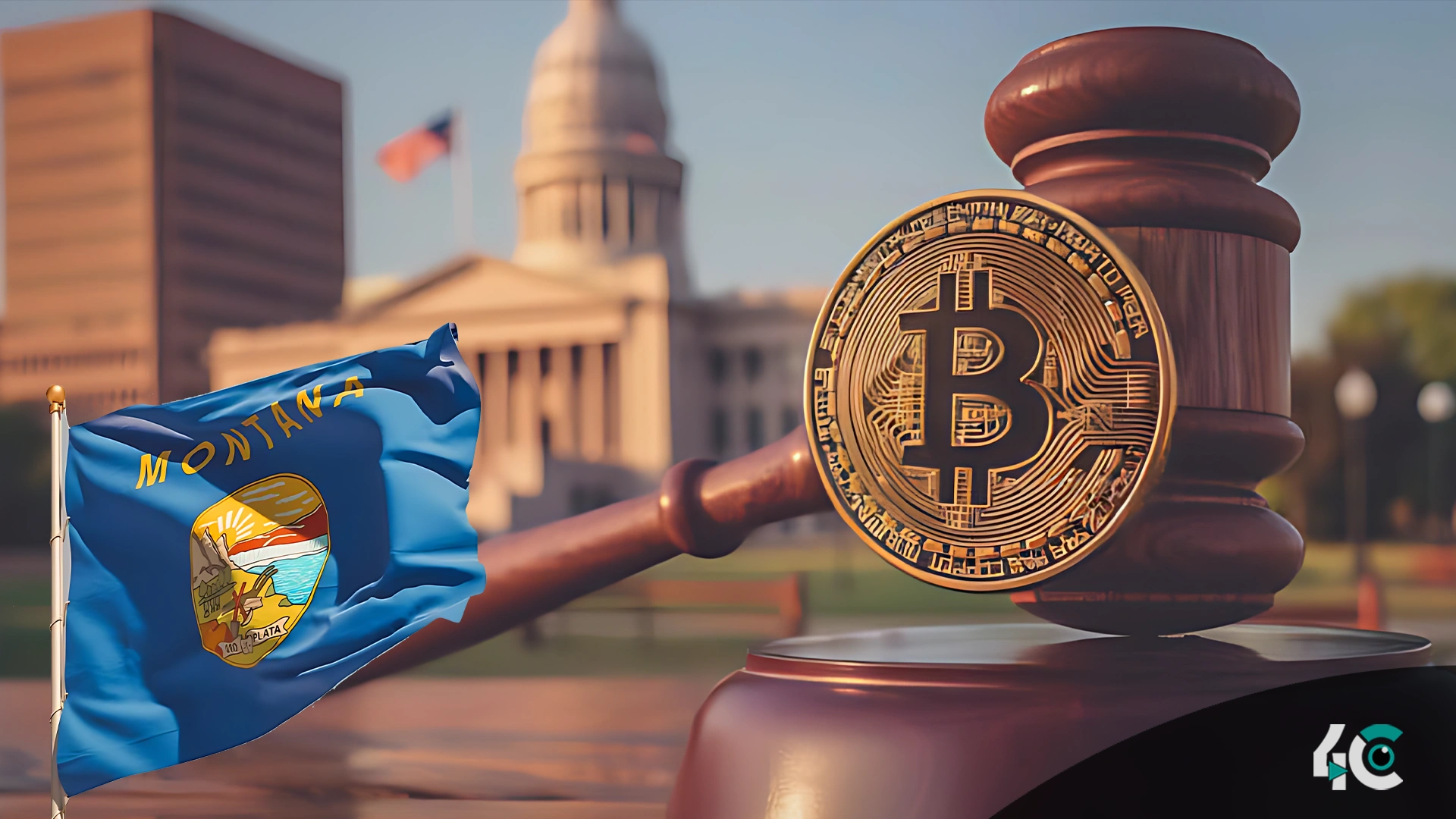Oklahoma’s House Bill 1203 (HB 1203) has passed the Government Oversight Committee with a 12-2 vote, indicating progress towards establishing a state-held Bitcoin reserve. The bill, also known as the Strategic Bitcoin Reserve Act, will now proceed to the House floor for further debate and potential modifications before a final vote.
Representative Cody Maynard introduced the bill on January 15, 2025, proposing that the Oklahoma State Treasurer invest in Bitcoin and other digital assets. Specifically, it allows for investment in any digital asset with a market valuation greater than $500 billion during the previous year—a level now met only by Bitcoin. The bill also has provisions for stablecoin investments.
Maynard sees Bitcoin as a bulwark against inflation and centralized monetary systems. “Bitcoin represents financial freedom, shielding purchasing power from government-driven devaluation,” he said when introducing the bill.
If passed, the law would allow Oklahoma to invest a part of pension and savings funds in digital assets, diversifying the state’s reserves. This decision is consistent with a rising national discussion regarding Bitcoin’s place in state investment portfolios.
Other states reject similar bills.
While Oklahoma promotes its Bitcoin reserve effort, other states have backed off. Montana, North Dakota, Pennsylvania, South Dakota, and Wyoming have all rejected or postponed identical bills. Lawmakers who oppose the legislation express concerns about Bitcoin’s volatility and the risks of using taxpayer funds for digital asset investments.
Montana Representative Steven Kelly expressed doubt, saying, “We are responsible for safeguarding taxpayer money, and these investments are too unpredictable.”
Despite setbacks in a few states, the overall trend of Bitcoin adoption continues. According to reports, 25 states are presently evaluating Bitcoin-related investment proposals, indicating an increased interest in incorporating cryptocurrencies into public financial strategy.
There has been a shift in the national conversation.
Recent political developments have fueled discussions about Bitcoin reserves. Some officials regard governmental involvement in Bitcoin as consistent with broader economic plans, particularly in light of calls for the United States to establish itself as a cryptocurrency leader.
While Bitcoin’s potential usefulness as a strategic reserve asset is debatable, its inclusion in legislative discussions indicates that state governments are increasingly seeing digital assets as an important part of financial planning.
As Oklahoma’s HB 1203 moves forward, its success or failure may impact how other states view Bitcoin as a state-held reserve. The upcoming legislative decisions will shape the future of bitcoin in state finance.
































